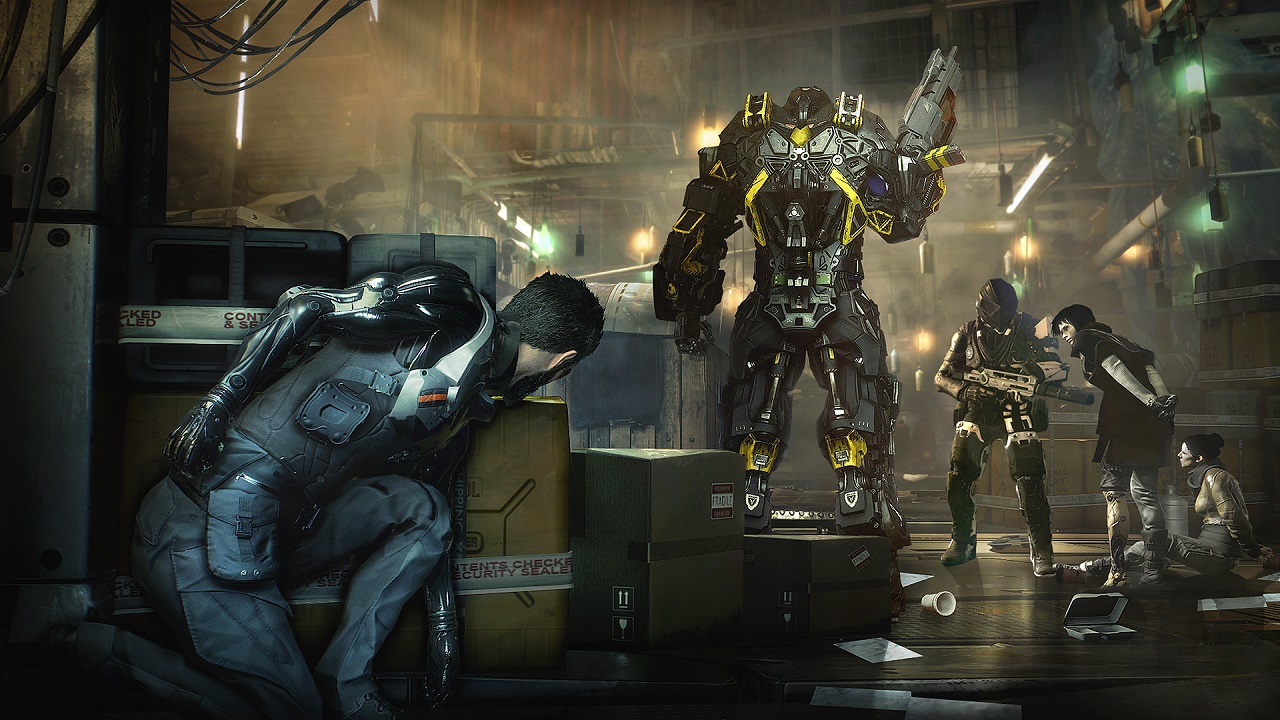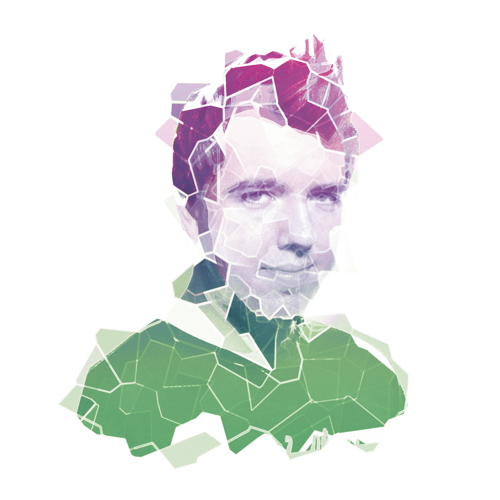This is how developers can fix stealth mechanics in games

This is an entirely true story. One dark winter evening in 1997, bullies chased me through the housing estate where I lived in south Dublin, their caustic chants echoing down the lanes and upsetting the many wild horses that occupied the suburbs at the time. At the end of a cul-de-sac I climbed up a tree, hoping to escape the cruel barbs of these – excuse my language – massive idiots.
It worked. “Where did he go?” screamed one furious bully. “I think he went up the tree,” replied the other, visibly flummoxed. Truly I had vanished before their eyes. I called their bluff, remaining deathly still until they got bored and left. I was stealth personified. I was invisible.
When applied properly, stealth is one of the most gratifying video game experiences. The Metal Gear series popularised the idea that hiding is just as much fun as shooting, and continues to be the high watermark for decent stealth. Games like Hitman, Alien: Isolation and Deus Ex: Mankind Divided all exemplify the finer points of stealth: creeping slowly up to corners, peeking around to see if anybody is there and then tumbling across a corridor to reach a crate. Nothing reveals our innate fear of confrontation like curling up in a ball in the shadow of a drainage ditch.

The problem
What these games have in common is this: you can be seen but still continue playing, to escape, to evade, to counter-attack, or read a magic scroll that makes everybody’s heads explode. This is the kind of stealth we’re on board with, the kind where being spotted doesn’t lead to failure but to dynamic new challenges. Developers call this stealth mechanic “emergent gameplay”, where, in the Deux Ex games for example, you can jump out from behind walls to kill people with your spike arms.
The problem I am fixing this month isn’t stealth itself, but the rubbish implementation of stealth: games in which being spotted by an enemy results in total and automatic failure. It’s so lame when the entire universe judders to a halt once eyes are laid upon you, causing the screen to fade to black and some discouraging words to slide into view. Words such as, ‘Mission failed’, and, ‘Your mother would be ashamed’.
Games built around stealth tend not to make this mistake. Instead, this kind of bargain-basement stealth crops up in other games. They are universally reviled, but not beyond redemption. With a few tweaks, every game can have its very own stealth section and still be as fun as hiding up a tree from bullies, sobbing, and then gushing about it while writing for Official Xbox Magazine.

The solutions
1. Once spotted, don’t abruptly end the game. The frustration of failing a stealth mission is that sensation of being instantaneously ejected from the game you were enjoying seconds before. Developers can change this by waiting until much later to admonish you, thereby maintaining a sense of disappointment without incurring the shock of sudden failure. For example, you could open a crate three hours later and discover a note inside, which reads, “I’m very sorry, but I actually spotted you earlier, back in the warehouse. I didn’t want to say anything at the time, but just so you’re aware: you’ve failed the mission and need to stop playing the game.”
Weekly digests, tales from the communities you love, and more
2. Give all the guards collars with little bells on them. Not only will this alert you to their location, but it will prevent them from eating birds and other local wildlife. You’ll be helping the environment while being a badass.
3. Set missions in a near-future in which unions have been abolished. That way, any guard who spots an intruder will be too demoralised and poorly paid to even bother raising the alarm, and you can go about your business intruding with impunity.
This article originally appeared in Xbox: The Official Magazine. For more great Xbox coverage, you can subscribe here.
Steve Hogarty is a London-based freelance journalist covering games and technology. His bylines have appeared in publications including GamesRadar, The Independent, Yahoo, VICE, Eurogamer, and more. He is also the co-host of the pocast, Regular Features.



